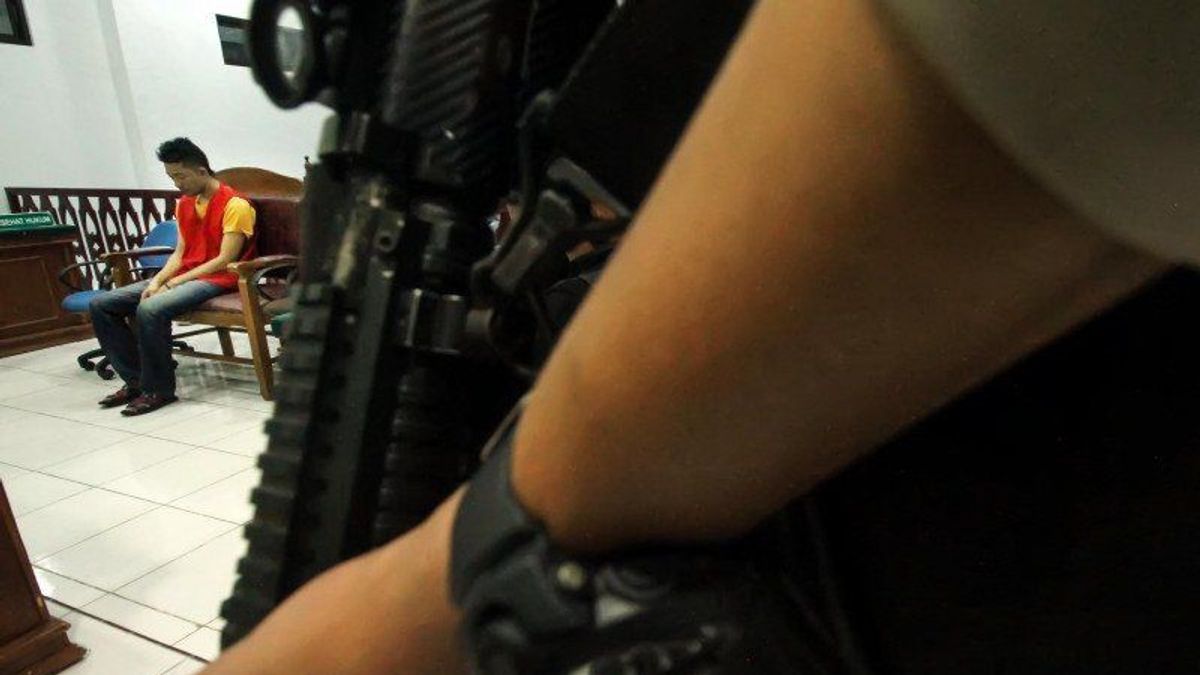JAKARTA - The Institute for Criminal Justice Reform (ICJR) assesses that the application of the death penalty listed in the new Criminal Code (KUHP) is a fairly progressive step.
"When the death penalty is imposed, the mechanism is always postponed for 10 years to see changes in the behavior of the convict," said ICJR Executive Director Erasmus Napitupulu in a webinar entitled 'Forgiving in the Practice of Death in Indonesia: One Too Many' in Jakarta, Friday 16 December.
In the new Criminal Code, it is stated that if the death row convict behaves well, carrying out all programs and is considered to be able to change, the death penalty will automatically be changed to another crime.
"This is a good mechanism. For us, abolitionist is of course the first step to then abolish the death penalty in Indonesia," he said, quoted by Antara.
On the one hand, Erasmus understands that the views of the Abolitionist group, especially the ICJR, will receive criticism from disagreeing parties. However, as a country that prioritizes democracy, this is something that is common.
In his presentation, Erasmus said that one thing that needs attention is about the torture of the convict when law enforcement officers are looking for evidence/examination that occurs at the detention center.
In the context of the death penalty, the standard process for the imposition of the death penalty must be in the highest position because in lowering it, there should not be any doubt from law enforcement officials, especially judges.
"In the death penalty, standards must always be in the highest context and there should be no doubt at all, especially judges," he asserted.
Previously, the National Human Rights Commission (Komnas HAM) also highlighted the death penalty in the new Criminal Code. The death penalty is contained in Article 67 and Article 98. This is considered by Komnas HAM to be contrary to Article 28A of the 1945 Constitution of the Republic of Indonesia, Article 9 of Law Number 9 of 1999 concerning Human Rights.
In addition, this is also considered contrary to Article 6 of the Convention on Civil and Political Rights. The right to life is a human right that cannot be reduced under any conditions (non derogable rights).
The English, Chinese, Japanese, Arabic, and French versions are automatically generated by the AI. So there may still be inaccuracies in translating, please always see Indonesian as our main language. (system supported by DigitalSiber.id)









